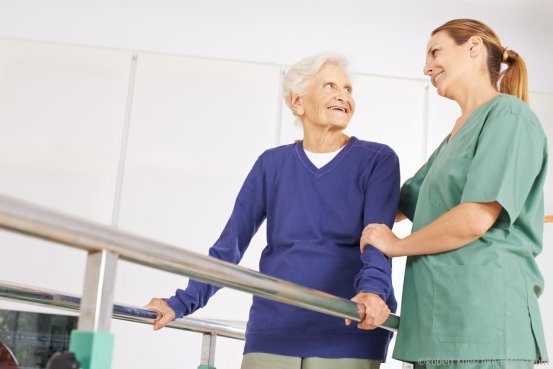Neurological rehabilitation plays an essential role for individuals impacted by debilitating conditions such as stroke, traumatic brain injury, and multiple sclerosis. These challenges can lead to significant alterations in physical, cognitive, and emotional health, severely diminishing one’s quality of life.

Rehabilitation acts as a lifeline for these individuals, fostering independence and improved functioning. A comprehensive understanding of rehabilitation's power can help in harnessing potential, rekindling hope, and supporting patients as they aim to reclaim their lives following overwhelming neurological events.
Understanding Neurological Rehabilitation
Neurological rehabilitation refers to specialized interventions aimed at assisting individuals facing impairments due to neurological disorders, including strokes, traumatic brain injuries, and multiple sclerosis. This type of therapy is grounded in a multidisciplinary strategy, leveraging the expertise of professionals from fields such as physical therapy, occupational therapy, and mental health. Collaborative treatment planning among these specialists is critical as it ensures a thorough approach that caters to the diverse needs—physical, cognitive, and emotional—of the patient. The integration of varied skill sets not only enhances the rehabilitation experience but also facilitates better clinical outcomes, ultimately empowering patients to regain their independence and functional capabilities.
Key Components of Neurological Rehabilitation
Physical Rehabilitation
A core aspect of neurological rehabilitation is physical therapy, which focuses on restoring lost physical abilities due to neurological damage. Techniques employed include gait training, strength exercises, and balance training, all designed to improve mobility and rebuild muscle strength effectively. Customized rehabilitation plans often feature the use of assistive devices and repetitive motion exercises to support gradual recovery. Physical therapists collaborate closely with patients to formulate achievable goals, which helps encourage a spirit of independence and enhances the overall quality of life during rehabilitation.
Emotional and Psychological Support
Equally important in the rehabilitation framework is emotional and psychological support, as individuals facing neurological conditions frequently contend with mental health challenges such as anxiety and depression. Therapeutic counseling and participation in support groups allow patients to express their emotions and connect with peers experiencing similar challenges. These avenues provide essential resources that bolster resilience, improve coping mechanisms, and significantly aid in recovery by addressing the emotional aspects of the healing journey.
The Impact of Neurological Rehabilitation
The impact of neurological rehabilitation is profound for those recovering from conditions like strokes, brain injuries, or multiple sclerosis. For example, Sarah, a stroke survivor, successfully reclaimed her independence through a tailored rehabilitation program focused on enhancing both cognitive and physical capabilities. Additionally, testimonials abound of patients like John, who not only regained mobility but also found solace and renewed social connections through their rehabilitation journey. These inspiring stories underscore the multifaceted benefits of comprehensive rehabilitation programs, as patients often report improvement in physical abilities, emotional resilience, and social engagement, ultimately leading to a revitalized sense of purpose and an enhanced quality of life.
Innovations in Neurological Rehabilitation
Recent technological innovations are transforming neurological rehabilitation practice, particularly through the introduction of virtual reality (VR) and robotics. VR technology provides immersive therapeutic environments that promote engagement and motivation during rehabilitation exercises. Meanwhile, robotic systems offer precise assistance tailored to individual needs, ensuring enhanced physical therapy experiences and better recovery outcomes. These advancements complement traditional rehabilitation approaches and are innovatively designed to boost patient participation—an essential factor in achieving success in recovery from neurological conditions like stroke, brain injury, and multiple sclerosis.
Take Action for a Brighter Future
Act now—take the first steps toward exploring rehabilitation options for yourself or a loved one facing neurological challenges. Local resources such as the Community Neuro Rehabilitation Center and the Brain Injury Support Network are available to help you discover specialized programs designed to facilitate recovery. Begin your journey toward renewed potential today!
